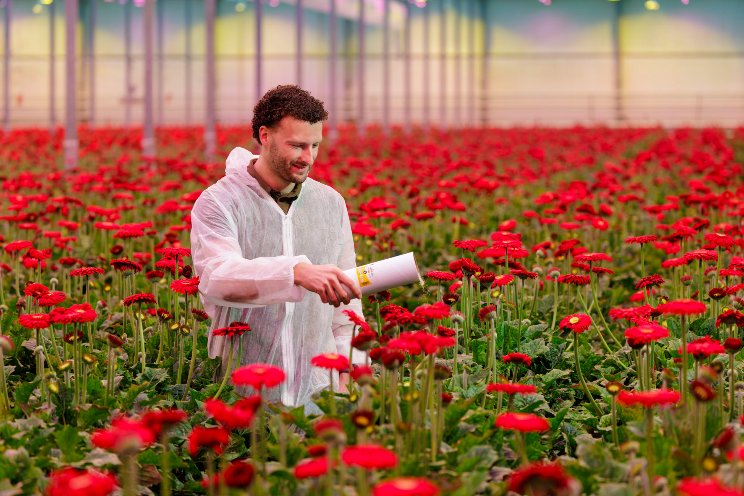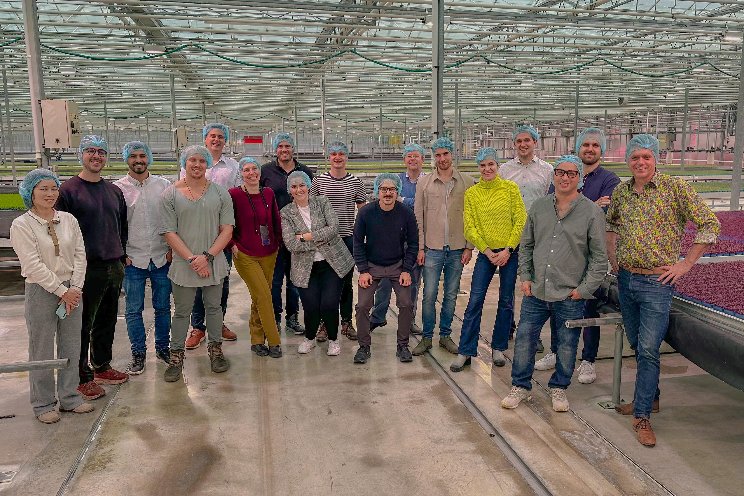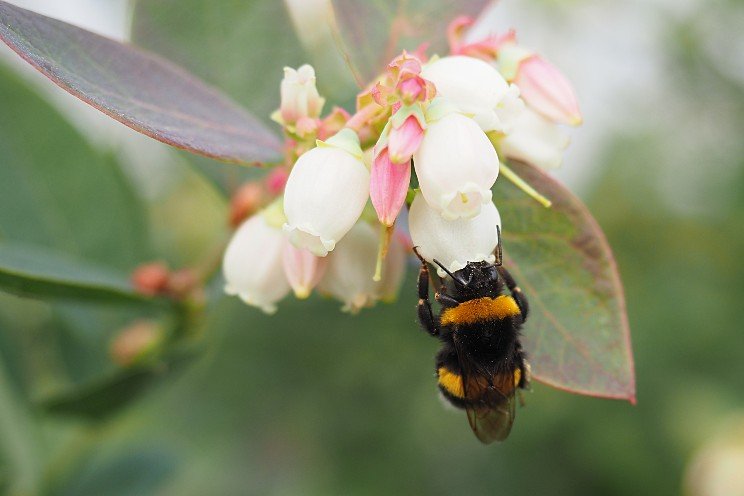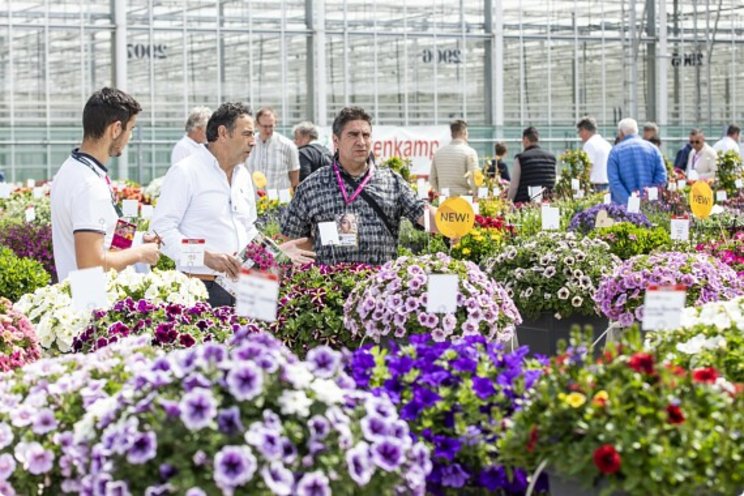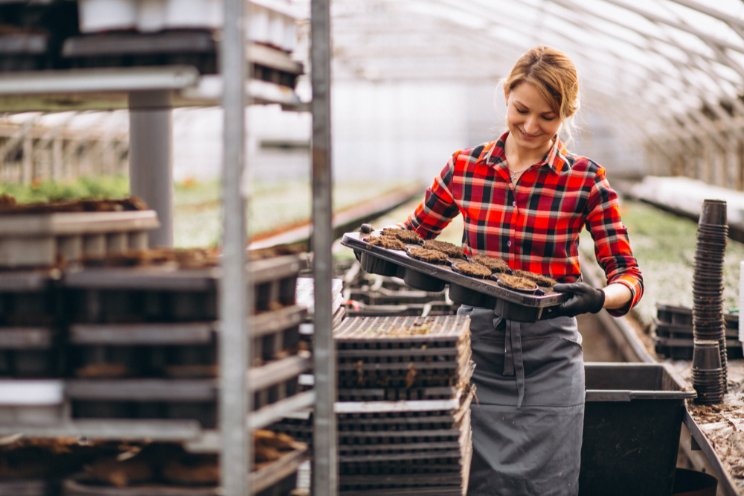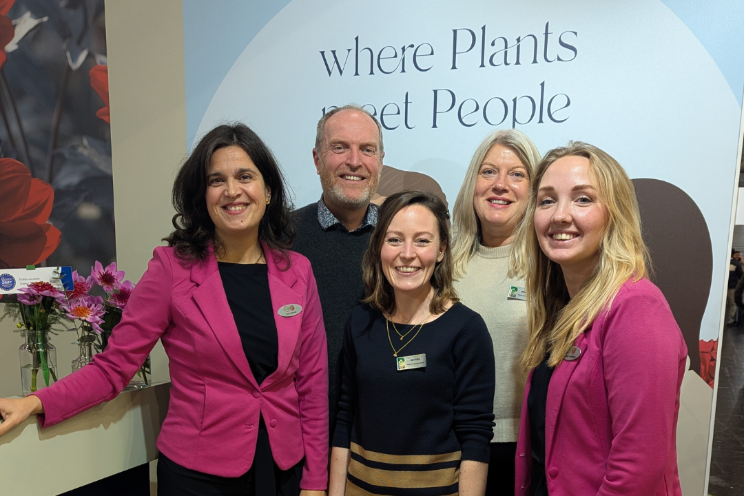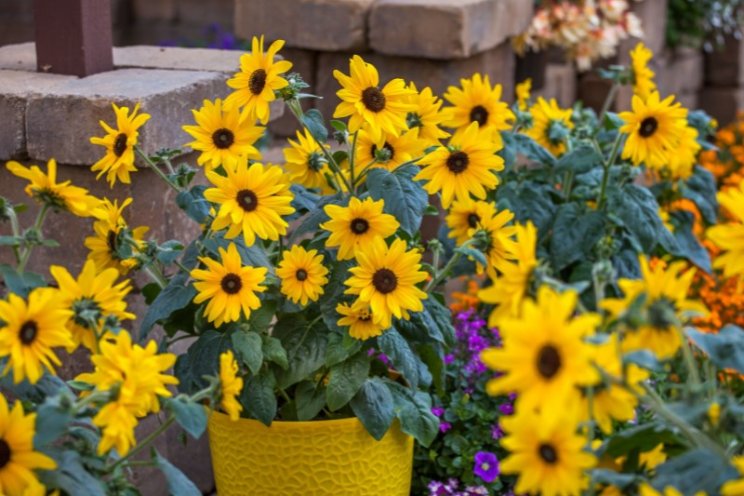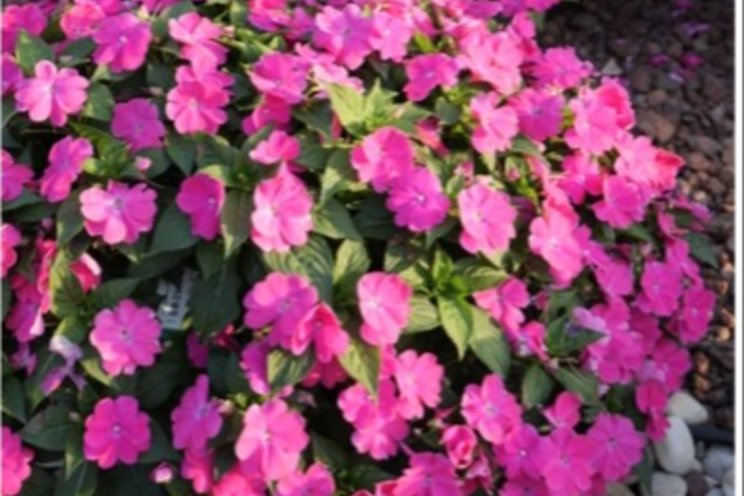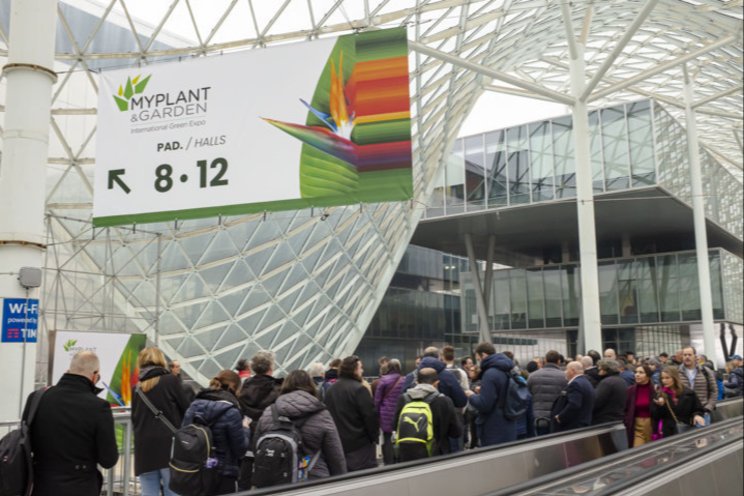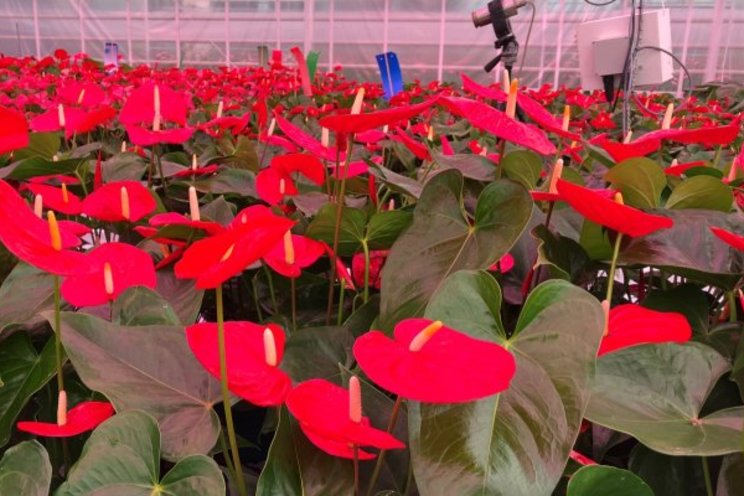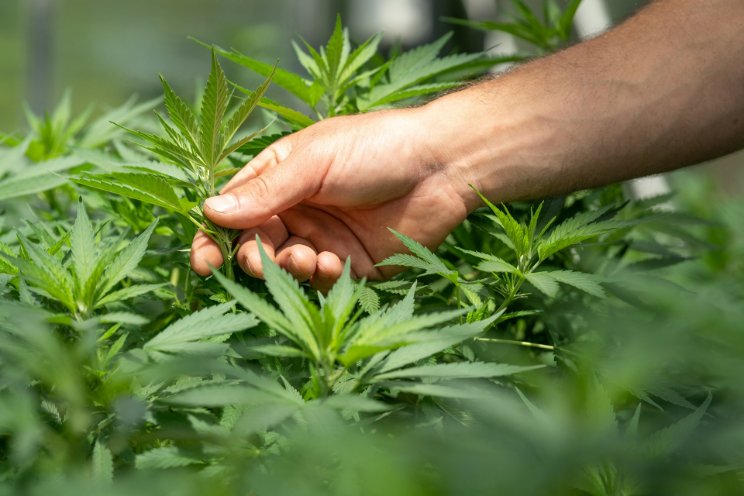'Investors in horticulture need a lot of advice'
Added on 29 November 2024
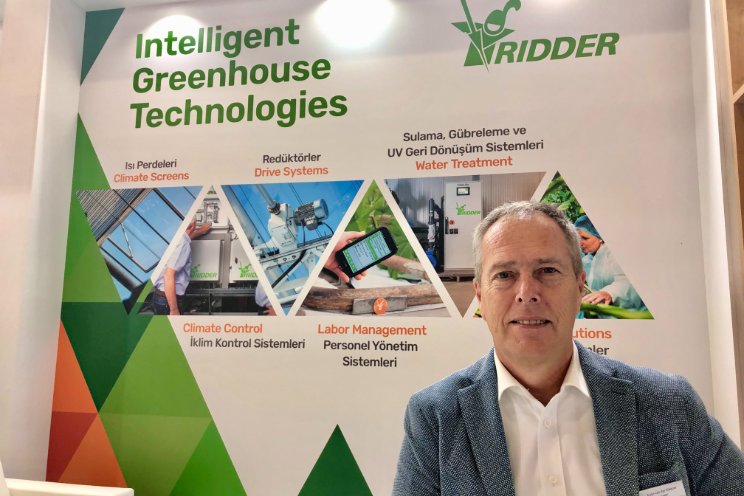
“Expansion in this region now comes mainly from investors in new projects. But they mainly come from outside the sector and therefore need lots and lots of good advice. That's where you see things going wrong now,” says salesman Arjan van der Klaauw of Ridder from the Netherlands.
Ridder supplies climate computers, screen installations and motors for the air and screen mechanism for both high-tech and mid-tech greenhouses. “Many investors visit our exhibition stand with their advisors. They rely on that and sometimes that is not wise because they are not always good advisors. That can lead to wrong investments or half-hearted choices,” he observes.
Horticultural installations are complex and made up of many components, with many to choose from. “Making the right choices requires a lot of information. Investors do know what they want and often already have a floor plan of the new farm drawn up. They have a wish in their head, for example, 80 kilograms of tomatoes harvested per square meter. But they don't know how to make that happen.”
That needs a lot of advice, says Van der Klaauw. “We then talk through all the facets until we arrive at a customized solution. We discuss specifically about the variety to be grown, the climate conditions, the quality of the available personnel. Sometimes we then have to sober up customers. You can't just get 80 kilos from a meter everywhere like that, after all. It's all about realistic expectations.”
Focused knowledge
Ridder's team during Growtech consists of a mix of salespeople and technical specialists so a lot of focused knowledge can be brought in. “That leads to nuances. We also discuss whether the chosen crop is the best option. Often investors want to grow tomatoes because it would be the easiest crop. But it may well be that their market offers much more opportunities for another crop,” according to the Ridder salesman.
What he also sees happening is that investors do put money into high-value technical solutions, but it is constructed by parties that are not capable. “You see that, for example, in water systems that are installed incorrectly or incompletely. Or that the installations are not maintained properly. If the pipes then clog up over time, confidence in that supplier's technology has been damaged.” To avoid that, a lot of explanation is needed up front, he points out.
One of the major problems facing horticulture in recent years is the virus ToBRFV. “Working hygienically is therefore necessary, which includes cleaning drain water that is recirculated. We make it clear to growers that you can lose an entire crop if you don't have your hygiene in order.”
Author: Koen van Wijk
More news
